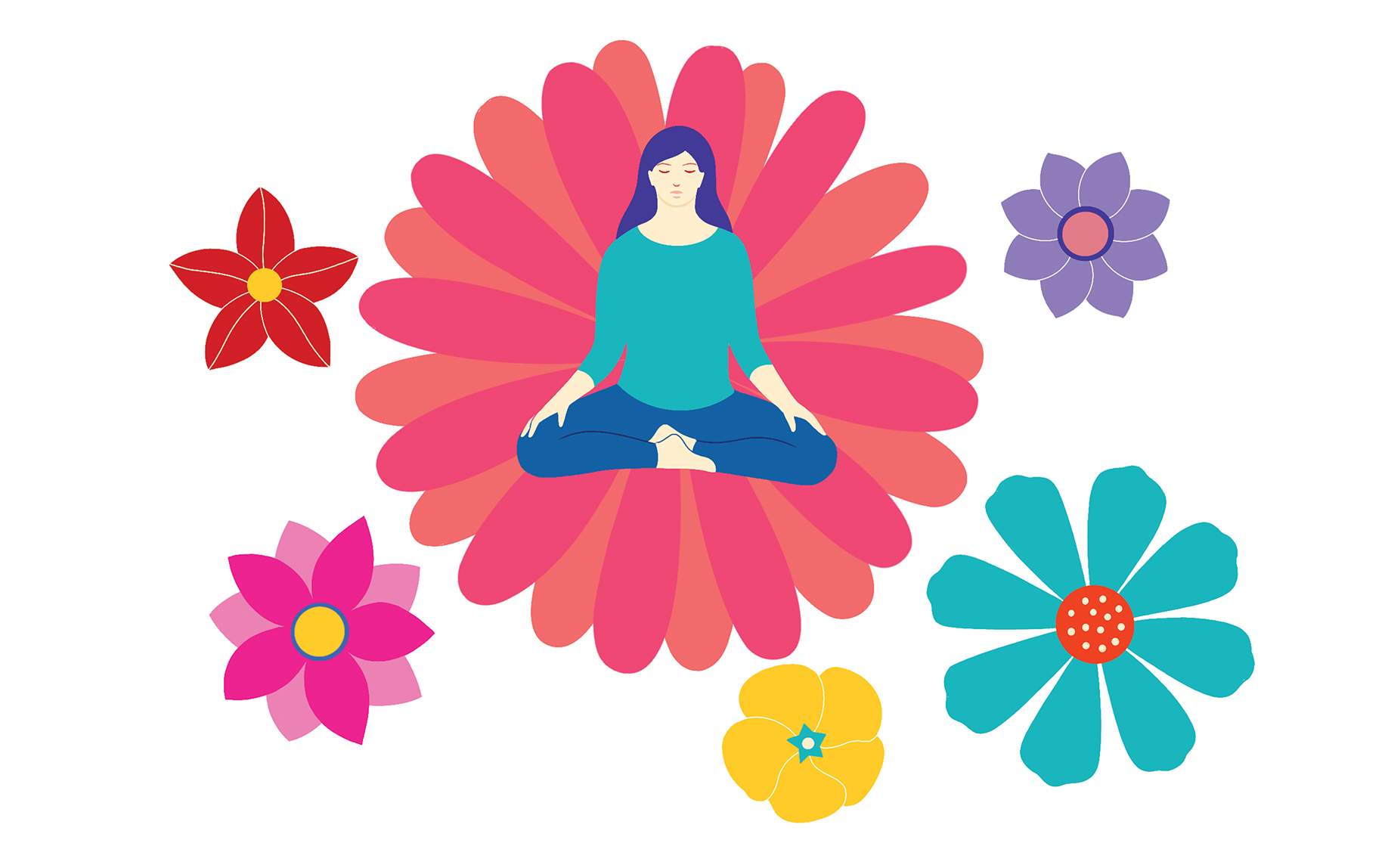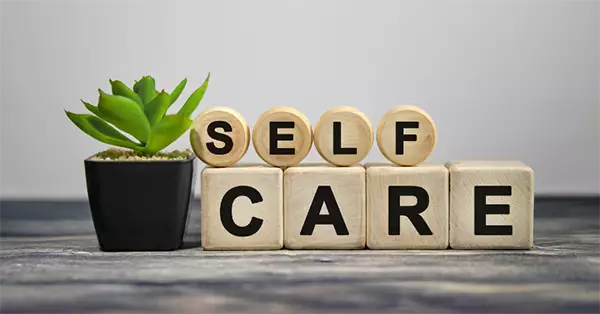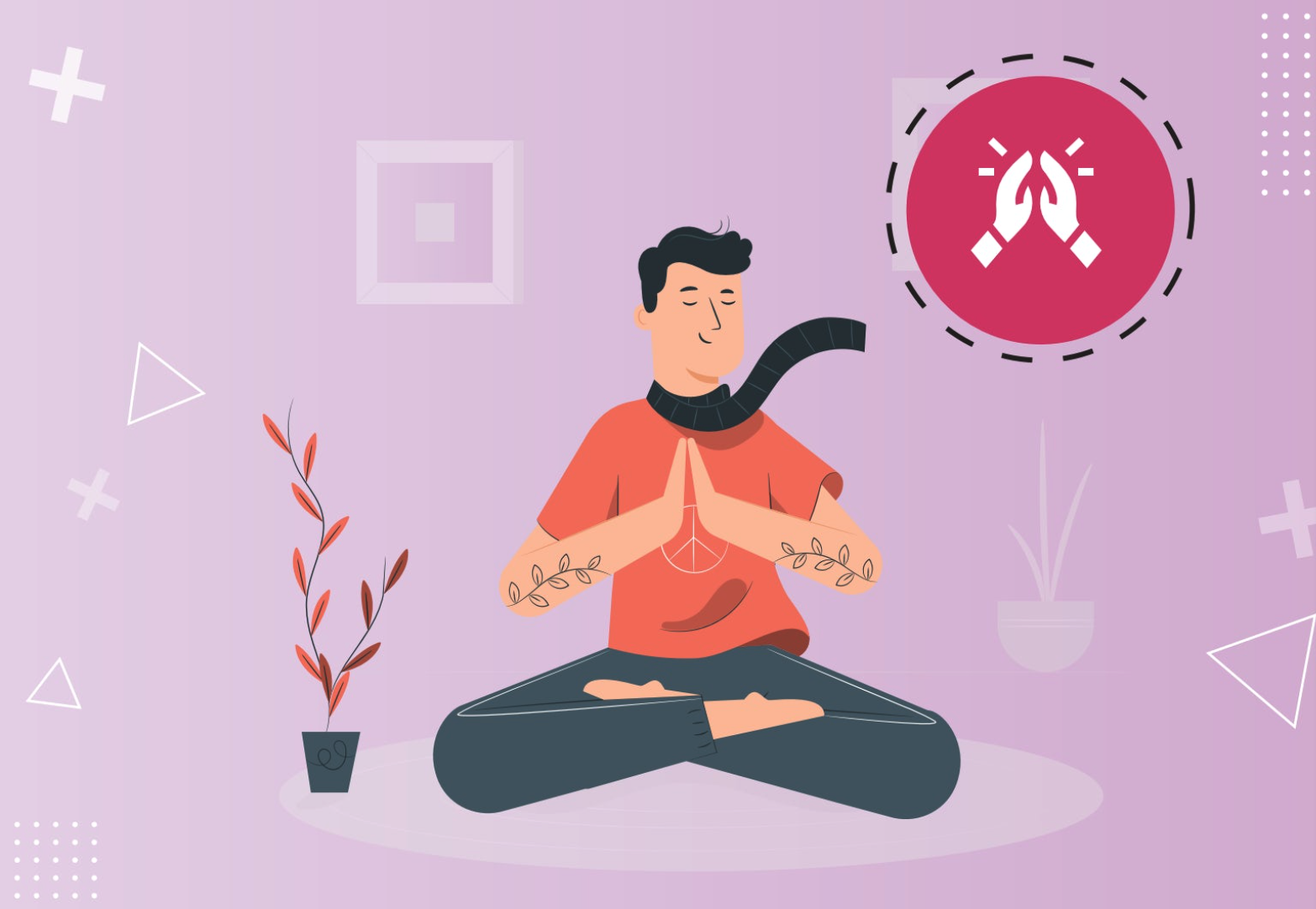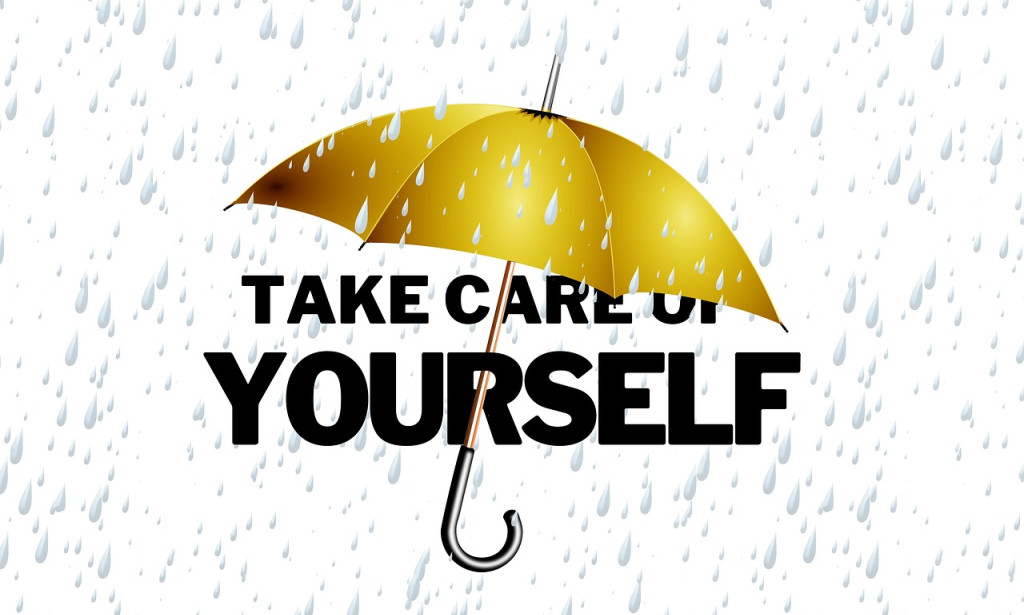The Meaning of Taking Care of Oneself: Sustaining Your Well-Being:
In today’s fast-paced world, where demands often exceed available time and resources, the concept of self-care can sometimes seem like a luxury or a selfish indulgence. However, taking care of oneself is essential—not just for physical health but for emotional, mental, and even spiritual well-being. The act of sustaining one’s well-being is a lifelong practice that requires intention, mindfulness, and the recognition that self-care is not just about occasional pampering but about creating a balanced, resilient life. In this context, self-care becomes not only a personal responsibility but a key to thriving in an increasingly complex world.
The Basics of Self-Care: More Than Just Pampering:
At its core, self-care refers to the actions and practices we engage in to maintain and improve our overall health. This includes activities that promote physical, emotional, and mental well-being. While self-care is often equated with activities like taking a bubble bath, getting a massage, or treating yourself to something indulgent, these are only parts of a broader, deeper concept. True self-care is about creating habits and making decisions that support long-term health and happiness.
Self-care is about balance. It involves recognizing the different dimensions of your well-being, each of which requires attention:
- Physical health: Regular exercise, nutritious food, and adequate sleep are fundamental to well-being.
- Mental health: Taking time for relaxation, engaging in stimulating activities, and seeking help when necessary can ensure mental clarity and emotional resilience.
- Emotional health: Managing stress, setting boundaries, and nurturing healthy relationships are key to maintaining emotional well-being.
- Social well-being: Cultivating meaningful connections with others and finding a sense of belonging.
- Spiritual health: For many, spiritual well-being involves connecting to a higher purpose, whether through religion, nature, or a deep sense of personal growth.
Each of these dimensions contributes to a holistic sense of health, and paying attention to each area ensures that we don’t burn out or neglect important aspects of our lives.
Physical Self-Care: Nourishing Your Body:
The foundation of self-care is physical health. Taking care of your body means meeting its basic needs and nourishing it through proper nutrition, exercise, and rest. Physical well-being has a profound impact on every other aspect of life; when your body is well-cared-for, your mind and emotions function more effectively as well.
-
Exercise: Physical activity is not just about staying fit; it improves mood, reduces stress, and enhances cognitive function. It releases endorphins, the body’s natural mood boosters, and helps to manage anxiety, depression, and other mental health challenges. Finding an exercise you enjoy—whether yoga, running, dancing, or hiking—makes self-care more sustainable.
-
Nutrition: What we put into our bodies directly affects how we feel. A balanced diet with adequate hydration supports everything from energy levels to cognitive function. Avoiding processed foods and embracing whole foods like vegetables, fruits, lean proteins, and healthy fats is essential for maintaining physical health.
-
Sleep: Sleep is often overlooked as part of self-care, but it is absolutely critical for both physical and mental health. Getting sufficient rest allows the body to heal, the mind to recharge, and the immune system to function properly. Prioritizing sleep can also enhance mood, memory, and overall cognitive function.

Mental and Emotional Self-Care: Nourishing Your Mind and Emotions:
While physical health is vital, maintaining a healthy mind is equally important. Mental and emotional self-care involves practices that help you manage stress, stay focused, and stay emotionally balanced, even during challenging times.
-
Stress management: Life’s pressures can often lead to stress, and without proper management, chronic stress can take a toll on physical and mental health. Practices such as mindfulness, deep breathing exercises, and meditation can reduce stress and improve focus. Taking time to pause, reflect, and process emotions instead of bottling them up can be incredibly beneficial.
-
Setting boundaries: One key aspect of emotional self-care is learning to set boundaries—whether with work, family, or friends. Knowing when to say "no" is an important skill in avoiding emotional burnout. Boundaries create a sense of control, allowing you to protect your time and energy for activities that truly matter.
-
Seeking support: Sometimes, caring for yourself means reaching out to others for help. Whether it’s a friend, family member, or a professional therapist, talking to someone about your struggles can be incredibly healing. Support systems help provide perspective and emotional resilience.
Expressing emotions: Bottling up emotions can lead to stress, anxiety, and physical health issues. Writing, art, music, or simply talking things through with someone you trust are important ways to release and process feelings. Journaling, in particular, is an excellent tool for managing emotions and gaining insight into yourself.
Social and Spiritual Well-Being: Connection and Purpose:
In addition to physical and mental health, human beings thrive on connection and a sense of purpose. Social and spiritual self-care involves building and nurturing relationships, as well as connecting to something greater than oneself.
-
Social connections: Relationships with family, friends, and colleagues can either uplift or drain us. Investing in positive, meaningful relationships and spending time with people who support and nurture you is a crucial part of self-care. Social interactions can provide emotional support, foster feelings of belonging, and even improve longevity.
-
Time alone: While relationships are important, time alone is equally vital for self-care. Solitude allows for introspection, creativity, and personal recharge. It is important to set aside time to reflect and connect with your inner self, without the distractions of other people or obligations.
-
Spirituality: Spiritual self-care varies from person to person. For some, it may involve religious practices, while for others, it might mean finding moments of quiet reflection or engaging in activities that promote a sense of connection to the universe, nature, or a higher power. Engaging in spirituality, or simply exploring your deeper sense of purpose and meaning, can contribute to peace of mind and emotional balance.

Sustainable Self-Care: Creating Lasting Habits:
Self-care is not a one-time event; it’s a lifelong process. The most effective self-care practices are those that are sustainable and integrated into daily life. It is not about “fixing” yourself when things go wro, butut about creating a lifestyle that supports your well-being consistently.
-
Routine: Establishing a self-care routine can make it easier to prioritize your health. Setting aside time every day for exercise, meditation, journaling, or relaxation helps ensure that self-care becomes a habit, not a luxury.
-
Adaptability: Life is unpredictable, and there will be times when self-care may seem difficult to maintain. It’s important to be adaptable. The key to sustainable well-being is not perfection, but rather resilience—adapting your self-care practices to your current circumstances and maintaining them to the best of your ability.
-
Compassion: Finally, self-care requires compassion and kindness toward yourself. It’s about accepting that you are worthy of care and that your well-being is just as important as the needs of others. There will be times when you fall short, when you feel overwhelmed, or when you don’t have the energy for certain activities. The practice of self-care includes being kind to yourself in those moments and understanding that rest and recovery are integral parts of the process.



You must be logged in to post a comment.